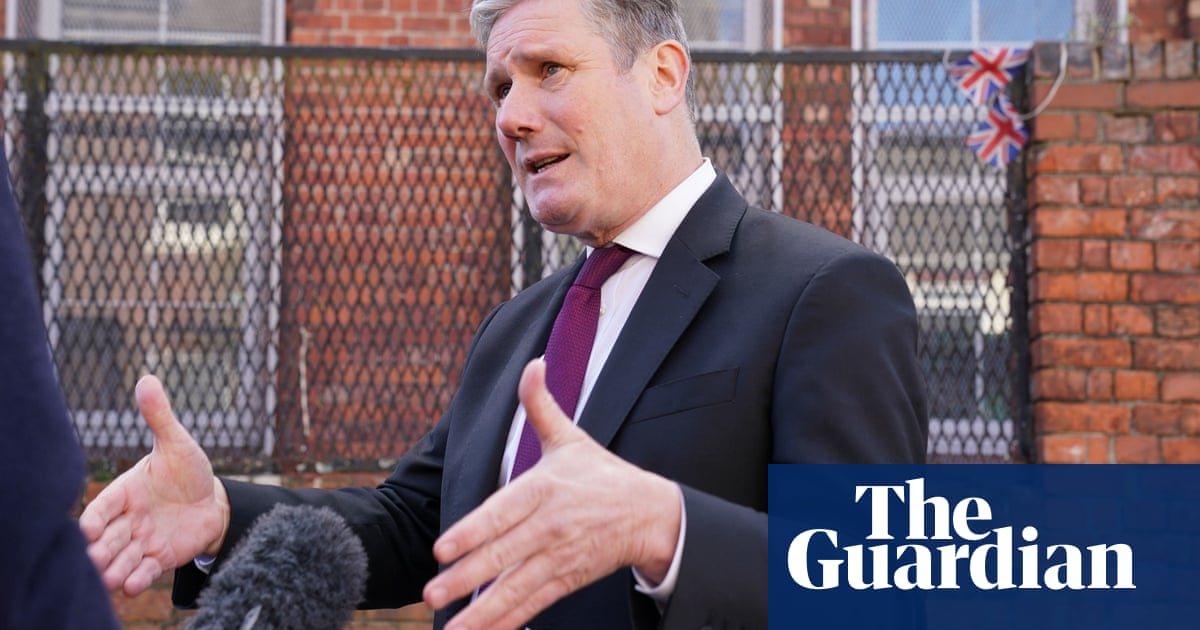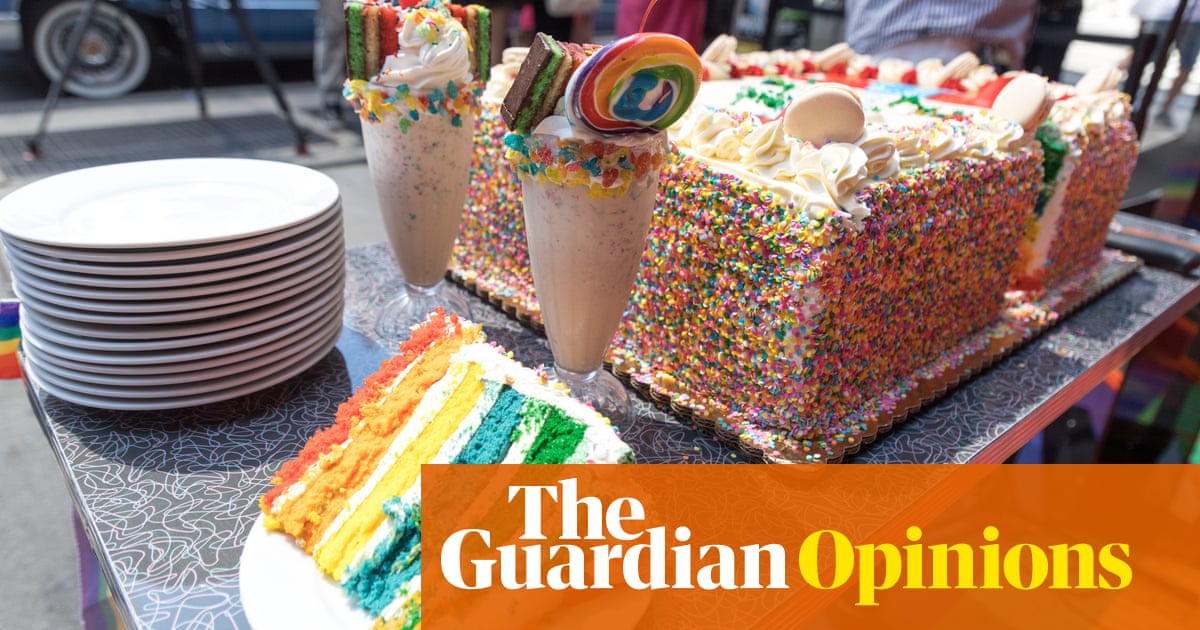
What a tightrope the chancellor will walk on Wednesday, with contradictory messages to satisfy opposing audiences. His party, who will choose its next leader, wants austerity so he keeps a photo of Margaret Thatcher’s chancellor, Nigel Lawson, by his desk. That matches Rishi Sunak’s conference admonition that “stacking up bills for future generations to pay is not just economically irresponsible. It’s immoral.”
Yet a blizzard of public-pleasing spending promises sows deliberate confusion: is he putting a tourniquet on spending or splashing the cash? He wants us to believe both impossibles: he can “level up” with fiscal rectitude, while cutting the deficit and carbon emissions too.
This is nonsense. Screws will tighten on public services. There should be no surprises that the trail of spending pledges is deceptive when even the head of the Institute for Fiscal Studies (IFS), Paul Johnson, tells me that though there will be extra capital spent, “We can’t work out how much is re-announced” as the chancellor obfuscates the time over which the money is spread.
Demographics help the deception too. Some local councils will implode under a funding formula relying on out-of-date population data, which means it ignores those that have seen a 60% increase in residents over 80. Demographics reduce education spending too: rising student numbers mean councils need an extra 10% just to stand still in funding per capita, says the IFS. What about skills? Money for the promised “high skills and high wage” economy covers only a third of what has been cut from skills since 2010. There is no space here to list each doubtful pledge.
We can wail and gnash our teeth at public decrepitude amid private excess. But what if too many voters don’t know or don’t care? Those who do know and care can’t understand Boris Johnson’s continued popularity, aghast at the ever-widening chasm between his words and deeds, between rhetoric and reality. Labour shadow ministers solemnly reveal the facts of Tory failure, hoping hard evidence vanquishes preposterous fantasy, but as yet to no effect.
A new organisation chaired by Labour MP Stephen Kinnock, Renaissance, recently published a report for which researchers spoke to 60 former Labour voters in England and Wales – all of whom switched in 2019. Johnson delivered on Brexit, on protecting jobs during the pandemic and on vaccinations, they say. Complain about corrupt pork-barrelling? Why wouldn’t people choose a party that provides funds for their locality? Tax cuts before the next election may be money stolen from services or benefits, but they’re not unpopular. They like Johnson’s upbeat positivism, his wafty visions for the future.
Public perceptions depend on what services they use: if bins are collected, few notice social care collapsing for elderly people, let alone for children at risk. Even Labour councils are conflicted about whether to shout about their own deteriorating services for fear of taking the blame. At any one time, too few families confront the childcare crisis – and they forget about it later. The poor are many and multiplying, but are too few to outvote the comfortable. Even high Covid death tolls cause little more than a shrug.
Overall spending will rise, but almost all of it will go to the NHS, because everyone needs that. But few ever come in contact with collapsing courts, prisons, disability services or dismal units for excluded pupils. Paul Johnson expresses surprise that we have “already passed” what he thought would be tipping points in some services. He expected more outcry over the £20 reduction in universal credit: “But once it happened everything went quiet.”
Labour is left bleating on the sidelines, miserablist Cassandras whose warnings go unheeded. Which way to turn? Instructions from Renaissance and many pollsters say it must regain trust for fiscal prudence. But that suggests not promising higher spending, despite Keynes being proven right yet again over the past decade, when cutting instead of investing made the UK one of the slowest to revive from the 2008 crash. But Keynes himself called it his “paradox of thrift”, so when 70 distinguished economists call for £70bn more borrowing to accelerate growth, it goes against gut instinct. Sunak, observing George Osborne’s success in advocating belt-tightening, learned how Conservative “common sense” can win the economic argument.
Promise “good jobs”, “value for money” and “security”, along with “make and buy British”, says Renaissance’s research. All good advice, but hardly marking out a separate piece of turf from the government, while the prime minister spreads himself rhetorically across the entire electoral playing field with his abundance of verbiage pledging everything to everyone.
In the end, we have to believe truth will out or abandon all political hope. Sooner, not later, there will be nowhere for this government to hide. This spending plan defines it in ways no words can disguise – and it is wholly inadequate for everyday decent living standards and reliable services, let alone for the mighty promises it comes wrapped in.
The cost of living crisis is about to reach into the pockets of most voters. Sunak, in an article for the Sun on Sunday readers, promises, “I know that families here at home are feeling the pinch of higher prices and are worried about the months ahead. But I want you to know we will continue to do whatever it takes, we will continue to have your backs – just like we did in the pandemic.” What can he mean?
Inflation is expected to increase to 5% while wages lag, a real cut. Energy bills could rise 30%, petrol prices hit a record high on Sunday, rents are up by 8.5%, family debts soar, while the Food and Drink Federation tells me food prices will be up 9% by December. The Institute for Public Policy Research says a typical family loses £500 a year in the national insurance levy and an expected 5% rise in council tax.
None of that will feel like the chancellor having the average voter’s back. He may steal Labour’s pledge to cut VAT on energy bills. He will raise the minimum wage. He promises to lift the freeze on public pay – but will that restore, let alone allow those who’ve lost out to catch up, such as experienced teachers in England who in real terms are paid 8% less than in 2010? Watch where any pay increase comes from: departments must raid their own budgets, on top of finding magical 5% “efficiency savings”. No flag-waving disguises how Britain fared so badly in the pandemic, in deaths and in the economy. Combine that with Brexit’s creeping losses and there is no hiding place for the prime minister or chancellor.
Waiting for the worst is Labour’s unappealing role for now, but hammering away at the facts, day after day, is the only course to take, earning trust eventually by the sheer force of the evidence as it unfurls for all to see. Pollsters say it can take just one trigger to collapse support for a government that is already sliding in popularity. This “optimism” budget with its airy promises is setting voters up for bitter disappointments. With so many trip-wires, who knows which one will break the Boris Johnson spell. You really can’t fool all the people all the time, not when they can count the diminishing buying power of every pound in their pockets.
Polly Toynbee is a Guardian columnist












